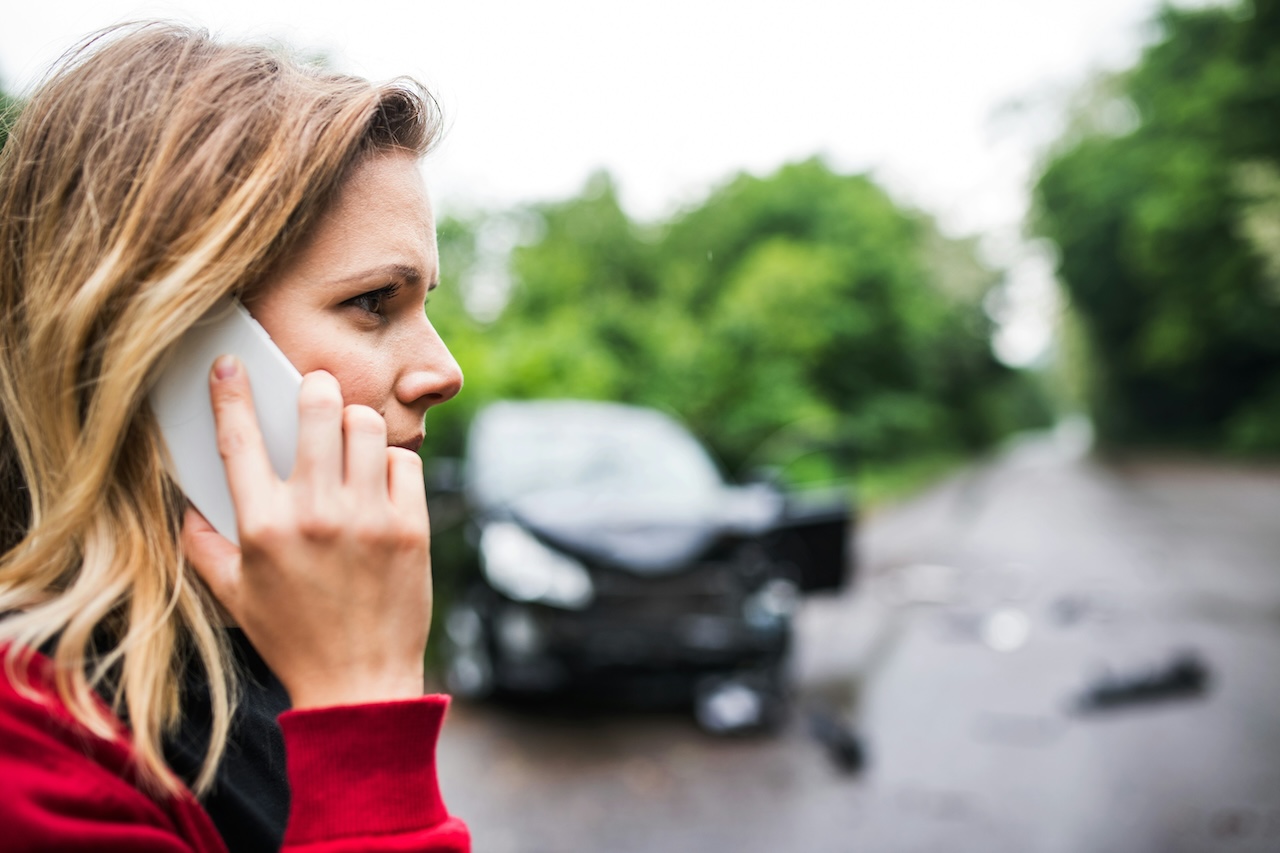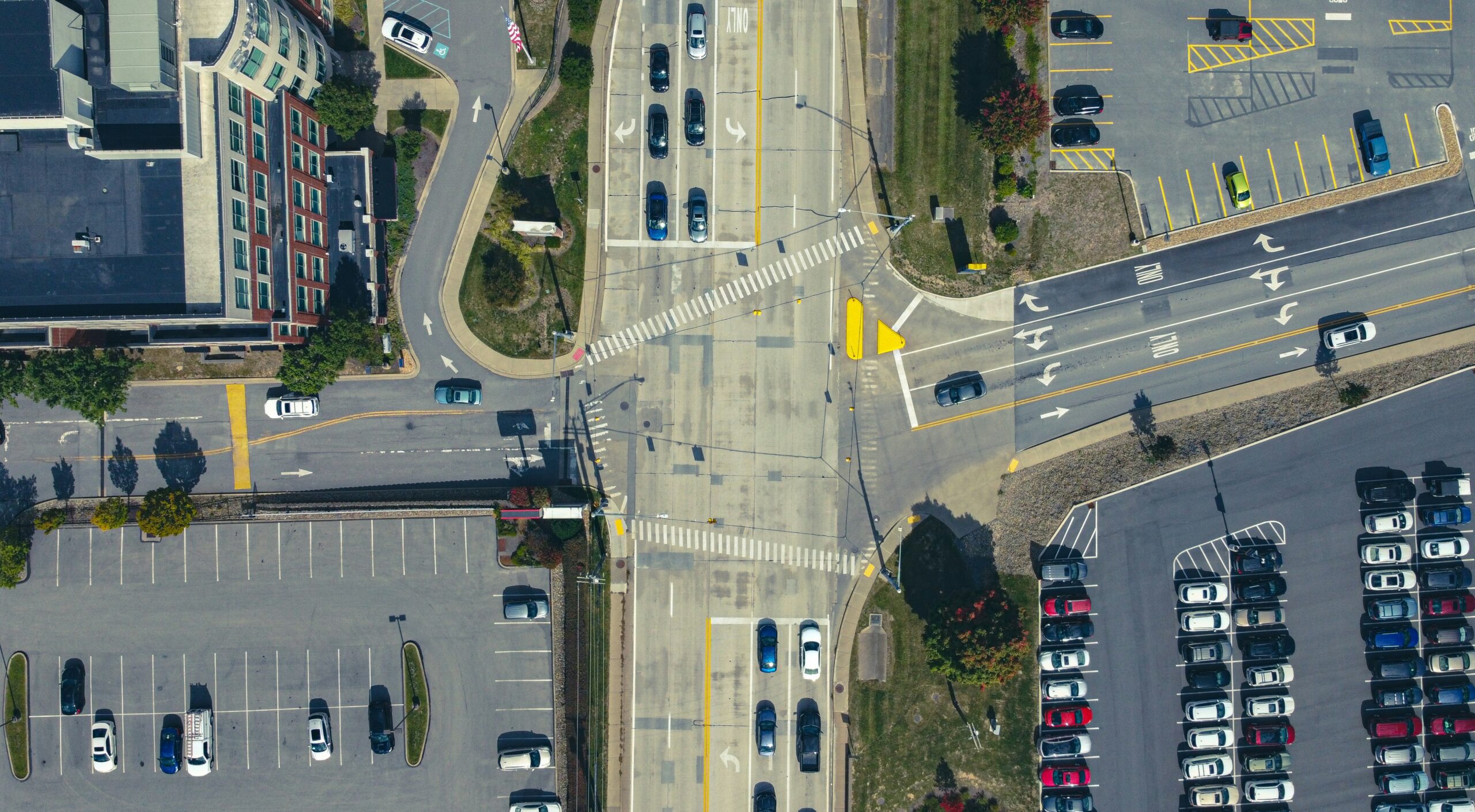Key Takeaways
- Promptly reporting a car accident to authorities and your insurance company is essential to comply with Virginia law, avoid penalties, and secure your insurance claim.
- In Virginia, accidents involving injury, death, or property damage exceeding $1,500 must be reported to the police within 24 hours, and it’s safest to report even seemingly minor incidents.
- Failing to report a car accident can result in fines, criminal charges, higher insurance rates, or even claim denial, so acting swiftly and carefully is crucial.
Whether it’s a major collision or a minor fender bender, reporting a car accident is a legal necessity. Failing to report can put you at risk of penalties and also hurt your chances of securing an insurance settlement. In this post, we’ll break down the key steps to take after an accident, including when, how, and to whom you need to report, to keep yourself protected and in compliance with the law.
When Do You Need to Report a Car Accident in Virginia?
Not every accident will need to be reported, but most will. Every state has its own specific requirements for car accident reporting. In Virginia, all car accidents that result in injuries or fatalities need to be reported to the police. Even if there are no injured or deceased parties, you’ll still need to consider the severity of property damage. If the damage appears to exceed $1,500, you are also required to report the accident. Since assessing the value of property damage can be difficult, it’s best to play it safe and always report, even when it appears to be a minor car accident.
How Long Do You Have to Report a Car Accident?
If you find that the accident needs to be reported to the police, you have a maximum of 24 hours to do so. You will also likely need to notify your insurer about the accident. Note that when reporting an accident to your insurer, the amount of time you have may vary depending on your specific carrier or policy, ranging from 24 hours to a week. In any event, the best practice is to report the accident to both the authorities and your insurer as soon as possible.
How to Report a Car Accident
Car accidents should ideally be reported by calling 911 while still on the scene of the accident. When the police arrive, they will interview the drivers involved, as well as any witnesses, and assess any damage resulting from the accident. This information is relayed to the DMV and becomes available to the drivers involved, their lawyers, and their insurance providers.
If emergency services were not called to the scene, you will need to report the accident to the Virginia DMV by completing an accident report (FR200) and Information Request Form (CRD-93) and submitting them by mail, fax, or at a customer service center.
What Happens When You Don’t Report a Car Accident in Virginia?
If you are required to report the accident to the authorities and fail to do so within 24 hours, you may face fines and other penalties. You may be charged with a hit-and-run, an offense that can lead to a fine of up to $2,500 and up to 10 years in prison, depending on the severity of the accident. The crime will also be listed on your criminal record, and you may also lose your driver’s license.
Beyond the legal repercussions of a hit-and-run, failing to report an accident can also result in significant increases to your insurance rates or the loss of your policy altogether. Furthermore, even a slight delay in reporting the accident can give the insurance company enough reason to deny your claim.
Key Steps to Take After a Virginia Car Accident
Even minor accidents can be difficult to navigate, especially if you’ve never been involved in an accident before. Here are a few basic steps to take regardless of the severity of your accident:
- If there are other drivers or pedestrians involved, check to make sure that you and everyone else at the site are okay and do not require medical attention. Then, make sure that your car is out of the path of oncoming traffic and move it to the shoulder if required and safe to do so.
- If there are injuries, fatalities, or property damage, call 911 to report the accident and request that police and/or emergency medical services visit the scene. Again, even if the accident seems minor, reporting is the best course of action to ensure that you avoid potential penalties.
- If safe to do so, record as much evidence at the crash site as possible. This could include taking pictures or videos of injuries, damage, and weather conditions as well as making note of the time, day, and location of the accident.
- Once the steps above have been completed, contact your insurance company, or have a lawyer do so on your behalf, especially if you’ve been injured.
Throughout the process, it’s essential to be mindful of what you say, especially to law enforcement and your insurance company. Answer any questions truthfully, but do not offer more information than is requested of you, and never admit fault.
If You’ve Been Injured, Get Help From the Car Accident Attorneys at Huffman & Huffman
Regardless of the severity of an accident or how it may have occurred, many drivers find that when they try to secure a settlement for their injuries, the insurance company will try to fight them. As a personal injury firm that has served Virginians for over 50 years, Huffman & Huffman Brothers-in-Law has the knowledge and experience to fight back.
If you need help filing a claim or appealing an unfair settlement by an insurance company after an accident that wasn’t your fault, contact our firm for a free consultation. Our Virginia car accident attorneys are resourceful and efficient negotiators and have secured millions on behalf of our clients in car accident cases.





